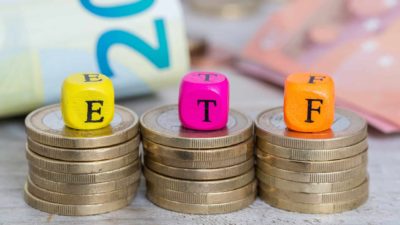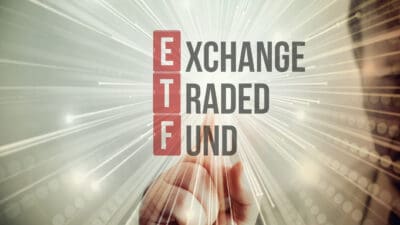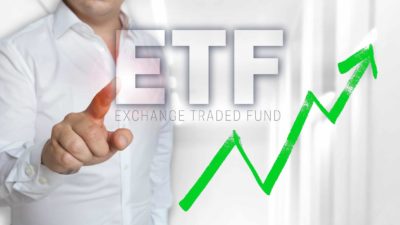The Vanguard Australian Shares Index ETF (ASX: VAS) finished the week in the green but only just.
The VAS share price was $85.52 at the market close on Friday, up 0.46% for the day and up 0.52% for the week.
This follows a strong performance in October from the exchange-traded fund (ETF), as my Fool colleague Tristan reported earlier in the week.
Over the month, the Vanguard Australian Shares Index ETF share price rose by 4.4%.
The VAS ETF also paid out a distribution that was equivalent to a 1.8% return. So, in total, a 6.2% return for VAS shareholders in October.
Tristan points out that the ETF's decade-average total annual return is 8.3%.
Is the VAS ETF combatting inflation through capital gains?
It would be fair to say inflation is the key battle for the ASX share market as a whole in 2022.
As an index ETF representing the top 300 companies listed on the ASX (by market capitalisation), VAS has felt the full effect.
Inflation is causing three problems for the broader market. Firstly, it's raising costs for companies. Secondly, it's resulting in rapidly rising interest rates. Thirdly, it's causing fears of recession.
So, no wonder the VAS ETF is down by just a little more than the ASX 200 in the year to date.
The S&P/ASX 200 Index (ASX: XJO) is down 9.25% in the year to date. The VAS ETF is down 12.1%.
So is VAS fighting off inflation enough to ensure shareholders get a real return on investment (ROI)?
Most ASX 200 shares are down in 2022. Inflation is going up. End of story. It's unlikely that shareholders of diversified portfolios in the ASX 200 will make much of a capital gain in 2022.
So right now, the short answer is no, VAS is not fighting off inflation through capital gains.
But it's a short-term problem. Let us explain.
Is the VAS ETF combatting inflation through dividends?
When markets are volatile, investors tend to focus on dividends as their main ROI from shares.
So, let's see if VAS is combatting inflation through its annual distributions.
The VAS ETF paid a tad above $3.44 per share in distributions in CY22. Based on today's closing price of $85.54, that gives the VAS ETF a dividend yield of 4.02%.
If you add the 100% franking, you get a grossed-up yield of 5.74%. And then you have to pay tax on that income before you get your 'real' ROI for the year.
The latest annual inflation number from the Australian Bureau of Statistics is 7.3%. That's the highest inflation number we've seen in Australia since 1988.
So, the short answer is 'no'. VAS is not fighting off inflation through dividends for investors right now.
And inflation is going to get worse, with the Reserve Bank telling us this week it will probably go to 8% by the end of the year.
But here's the good news — and why this is all a short-term problem for VAS shareholders.
The RBA says: "… headline and underlying inflation are both expected to decline to about 3¼ per cent by the end of 2024, and continue declining in the following year."
So, if VAS continues to pay a grossed-up yield in the high 5% range, it will be fighting off inflation through its distributions by about this time next year.
And once inflation starts going down and interest rates stop rising, you'll probably see the VAS share price rally, too.
That means the VAS ETF may be fighting inflation through capital gains, too, before you know it.
Long-term investors, sit tight!









